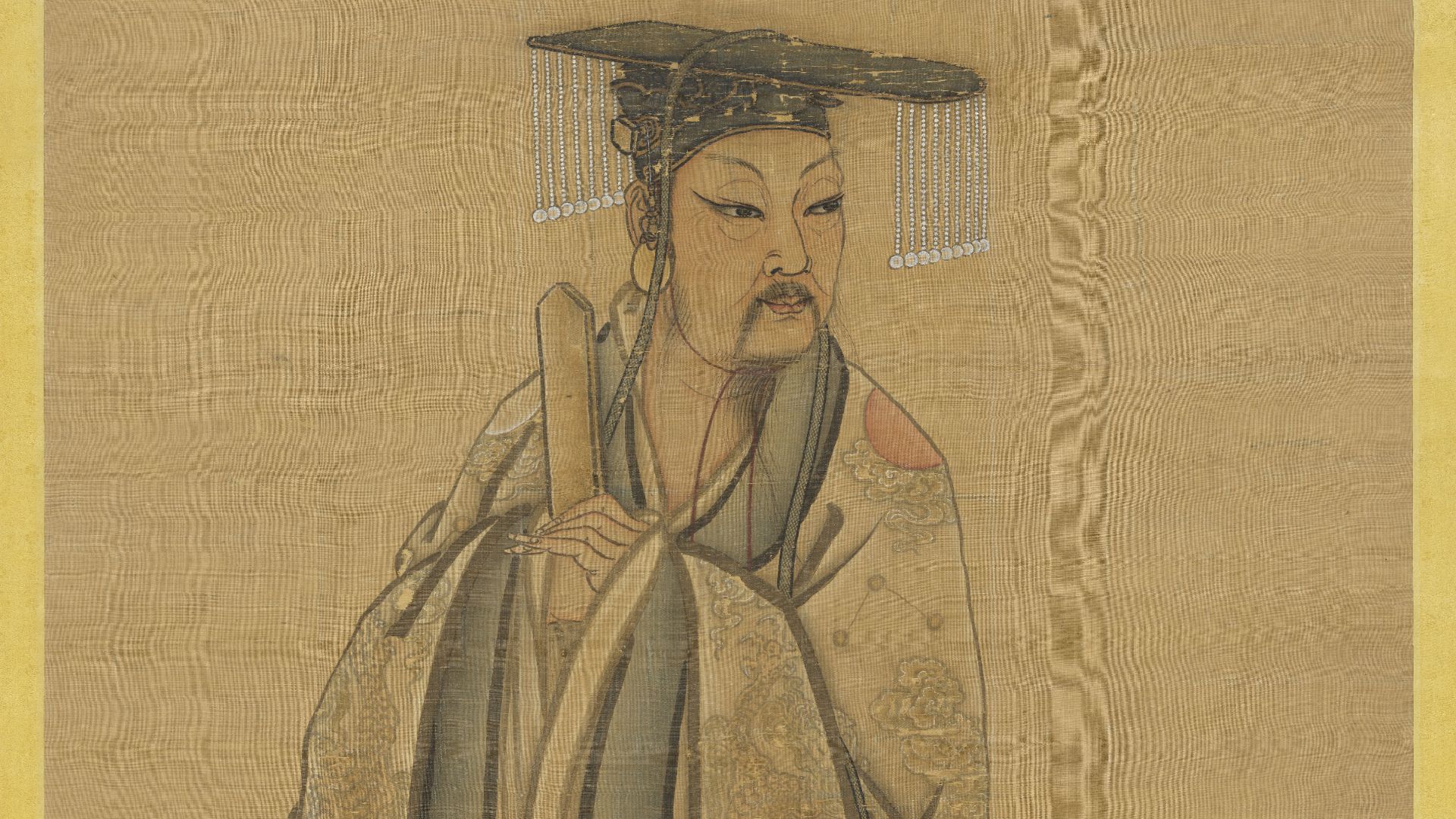Travel to the Past
History is long, intricate, and often repeats itself. But without history, we would fail to understand the inner workings of the world we live in today. While much of our history is still unknown, we are lucky enough to have found names and records of people who changed lives for the better— or worse. This list features both, and even includes some ancient Chinese inventions that still exist today.
1. Confucius
Born as Kong Qiu, Confucius was a Chinese philosopher who lived from 551 to 479 BCE. He formed the teachings of Confucianism, a system that emphasized self-cultivation and communal effort. He focused his teachings on virtue, social harmony, and familial responsibility, and believed deeply that family loyalty and respect for elders were important to the success of the Chinese government and society as a whole.
 No machine-readable author provided. Mr. Tickle assumed (based on copyright claims). on Wikimedia
No machine-readable author provided. Mr. Tickle assumed (based on copyright claims). on Wikimedia
2. Di Xin
Di Xin, also known as King Zhou, was the last king of the Shang Dynasty. While many accurate historical records are lost to history, Di Xin’s reign plummeted from an intelligent king to a man blinded by wine and women. His reign became a cautionary tale to future leaders about the negative effects a kingdom faces when its ruler succumbs to corruption and moral depravity.
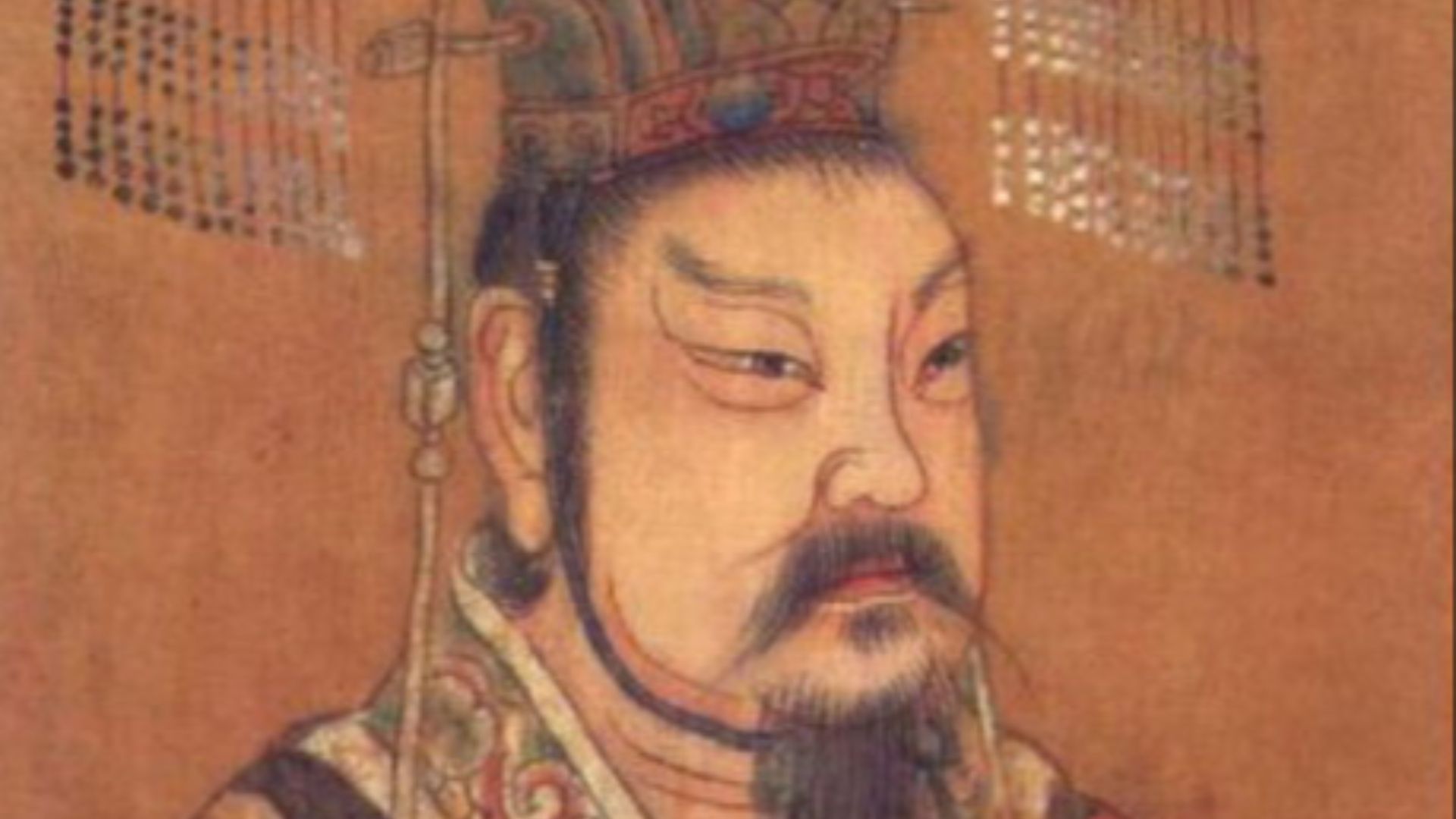 Unknown authorUnknown author on Wikimedia
Unknown authorUnknown author on Wikimedia
3. Deng Sui
Formally Empress Hexi, Deng Sui is known to be one of the last good rulers of the Han Dynasty. Working her way up from an imperial consort, Deng Sui used her rule to promote education and art. She cut taxes, reduced palace expenses, and made a continuous effort to rule peacefully, humbly, and mercifully.
4. Fu Hao
Fu Hao was a military general, high priestess, and wife of King Wu Ding during the Shang dynasty. During her role as general, she led several military campaigns, conquering the Tufang, Yi, Qiang, and Ba armies. Ruling 13,000 soldiers, her leadership and military skills made her the most powerful general of her time. While less is known about her role as priestess, her tomb inscriptions state that she conducted special rituals for the emperor at his request.
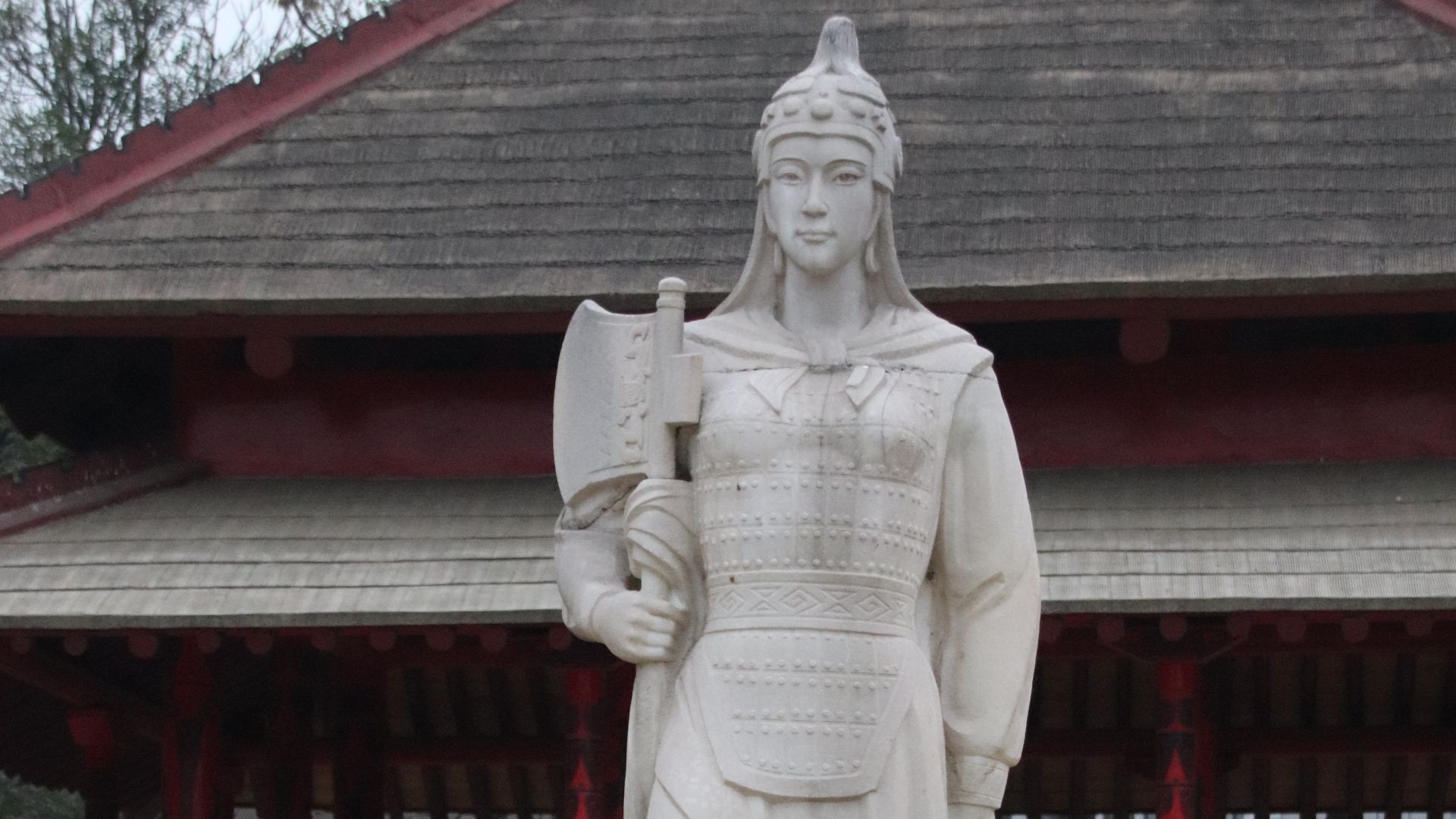 Gary Todd from Xinzheng, China on Wikimedia
Gary Todd from Xinzheng, China on Wikimedia
5. Fu Xi
Known as the first mythical emperor of China, his creation myth set the precedent for crucial aspects of Chinese society. Born in the 29th century BCE, the half-human, half-serpent emperor made contributions to divination, the Chinese writing system, animal domestication, and the institution of marriage. It is also said he taught people how to cook, fish, and hunt.
6. Ji Man
Also known as King Mu of Zhou, Ji Man was the fifth king of the Zhou Dynasty. He reigned for 55 years and is most well-known for changing the Zhou government to a merit and skill-based system, instead of a hereditary one. Despite his success within China, he failed to fully conquer neighboring tribes, which eventually led to an invasion of China in 771 BCE.
7. Nanzi
Also known as Wey Ling Nanzi, she lived during the Spring and Autumn period. While not a legitimate ruler, Nanzi ruled in place of her husband, Duke Ling of Wey. As her husband had no interest in politics, Nanzi is credited as the first woman to have ruled a Chinese state.
 Unknown artist of Northern Wei dynasty on Wikimedia
Unknown artist of Northern Wei dynasty on Wikimedia
8. Ban Zhao
Ban Zhao holds the title of the first female Chinese historian, and likely one of the first female historians in history. She made contributions to official histories of the Western Han dynasty and wrote a treatise called Lessons for Women, which became a popular and longstanding guide for women’s conduct.
9. Qin Shi Huang
Born as Ying Zheng, Qin Shi Huang founded the Qin dynasty and holds the title of the first emperor of China. He lived from 259 to 210 BCE, during which he played a critical role in the reunification and expansion of China. He called for the standardization of economic and political practices across the country, and is the reason the Great Wall of China exists today.
 Unknown authorUnknown author on Wikimedia
Unknown authorUnknown author on Wikimedia
10. Sun Tzu
Known as a general, strategist, philosopher, and writer during the Eastern Zhou period, Sun Tzu is renowned as a prominent historical figure. He is credited as the author of The Art of War, although this attribution is unconfirmed. In fact, Sun Tzu’s existence is unconfirmed, as many Chinese scholars can find no record of him in notable writings from that period.
 Unknown authorUnknown author on Wikimedia
Unknown authorUnknown author on Wikimedia
11. Tai Wu
The ninth king of the Shang dynasty, Tai Wu (or Da Wu, or Zi Mi) ruled for an impressive 75 years. It’s noted that the beginning of his rule is based on supernatural origins. According to historical records, Tai Wu found two trees growing in the palace. When the trees grew much quicker than considered normal, Tai Wu asked his ministers what it meant. Stating that his incapacity for government was the cause, Tai Wu spent the rest of his reign trying to be a good and just king.
12. Wu of Han
Emperor Wu of Han, or Liu Che, was the seventh emperor of the Han dynasty. During his 54-year rule, Wu developed a centralized state through governmental policy, economic restructuring, and the promotion of Legalist-Confucian doctrines. He led his country through one of its largest expansions, stretching into the regions of Tajikistan, Kyrgyzstan, Uzbekistan, Korea, and Vietnam.
 Unknown authorUnknown author on Wikimedia
Unknown authorUnknown author on Wikimedia
13. Wu Zetian
Wu Zetian ruled as empress during the Zhou dynasty from 660 to 705. While first ruling alongside her husband, Emperor Gaozong, and as empress dowager for her sons, she is considered the only female legitimate sovereign ruler in China’s history. She is also considered one of the great empresses, credited with strong leadership and governance skills, and vast expansions of the Chinese empire.
 Unknown authorUnknown author on Wikimedia
Unknown authorUnknown author on Wikimedia
14. Xiang Yu
Xiang Yu lived from 232 to 202 BCE. He was a Chinese warlord who founded and ruled Western Chu, a kingdom-state that existed between the Qin and Han dynasties. With his newfound power, Xiang Yu rebelled against the Qin dynasty and eventually divided China into a federacy of eighteen kingdoms, of which he crowned himself “Hegemon-King of Western Chu.”
 Unknown Chinese artist on Wikimedia
Unknown Chinese artist on Wikimedia
15. Xuanzang
Born as Chen Hui or Chen Yi, Xuanzang lived during the 7th century. He was a scholar, traveler, translator, and Buddhist monk. Alongside his major contributions to Chinese Buddhism, Xuanzang’s life's work was transporting and translating Indian texts for China. His travelogue, titled Records of the Western Regions, is a well-known primary source for his own life and the inner workings of 7th-century India and Central Asia.
 Unknown authorUnknown author on Wikimedia
Unknown authorUnknown author on Wikimedia
16. Zhang Heng
Zhang Heng was a Chinese polymathic scientist during the Eastern Han dynasty. His legacy involves inventing the first water-powered armillary sphere and seismoscope, both inventions existing still today. Other notable work includes improving previous calculations for pi, the documentation of 2,500 stars, and theories on the relationship between the sun and moon.
 State Post Bureau of the People's Republic of China on Wikimedia
State Post Bureau of the People's Republic of China on Wikimedia
17. Yu the Great
Yu the Great holds up to his name. Allegedly, he founded the Xia dynasty in the third millennium BCE, fully integrating dynastic rule in China. His government is also credited with the first successful effort against flood control. We say allegedly, as there is no evidence that he actually existed, as his rule predates China’s ancient writing system.
18. Tai Si
Tai Si was a notable woman during the 12th and 11th centuries BCE. Said to be a descendant of Yu the Great, Tai Si was said to have a strong work ethic and became a well-loved member at court. She was married to King Wen of Zhou and mothered 10 sons, one of which being King Wu of Zhou, the founder of the Zhou dynasty.
19. Zhuge Liang
Zhuge Liang lived from 181 to 234 AD, and was well-known as a statesman, strategist, and inventor during the end of the Eastern Han dynasty and into the Three Kingdoms period. He is known as the most accomplished strategist of his time, serving as Imperial Chancellor and eventually regent of the Shu Han state.
 Unknown authorUnknown author on Wikimedia
Unknown authorUnknown author on Wikimedia
20. Li Bai
Credited as one of the most important poets of the Tang dynasty and of Chinese poetry at large, Li Bai’s poems celebrated friendship, nature, solitude, and drink. Over 1,000 poems are attributed to Li Bai, many of which made their way to Europe centuries later. His poems give scholars insight into China’s changing political state, as Li Bai witnessed the end of a golden age when a rebellion left Northern China desolate.
KEEP ON READING
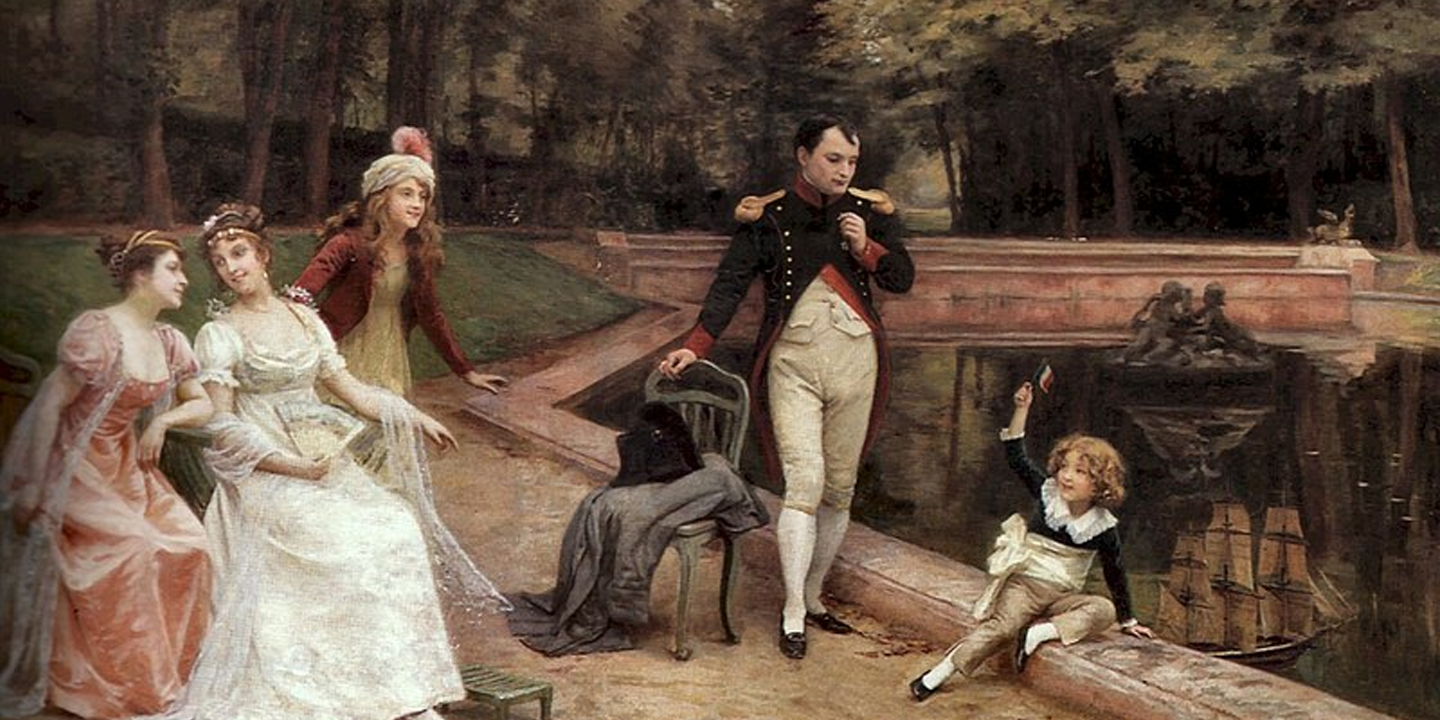
The 20 Most Recognized Historical Figures Of All Time
The Biggest Names In History. Although the Earth has been…
By Cathy Liu Oct 4, 2024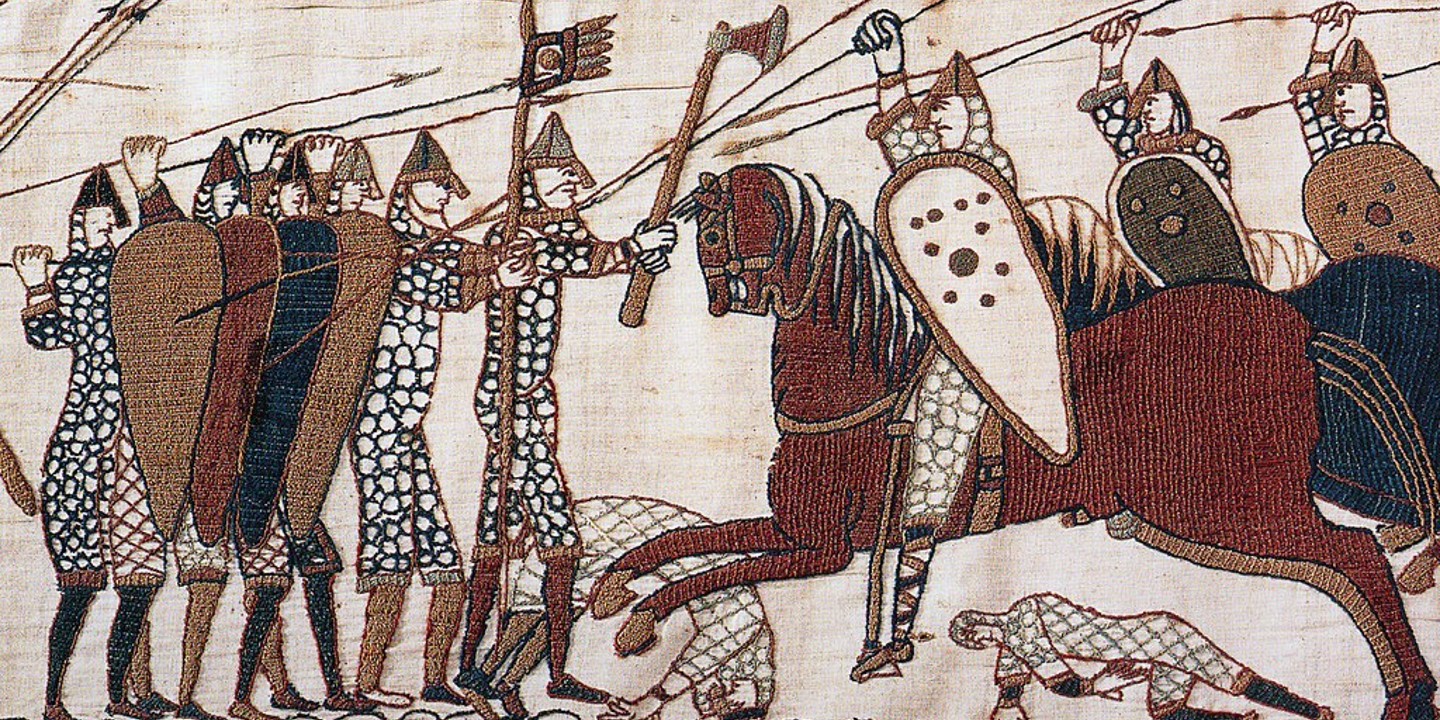
10 of the Shortest Wars in History & 10 of…
Wars: Longest and Shortest. Throughout history, wars have varied dramatically…
By Emilie Richardson-Dupuis Oct 7, 2024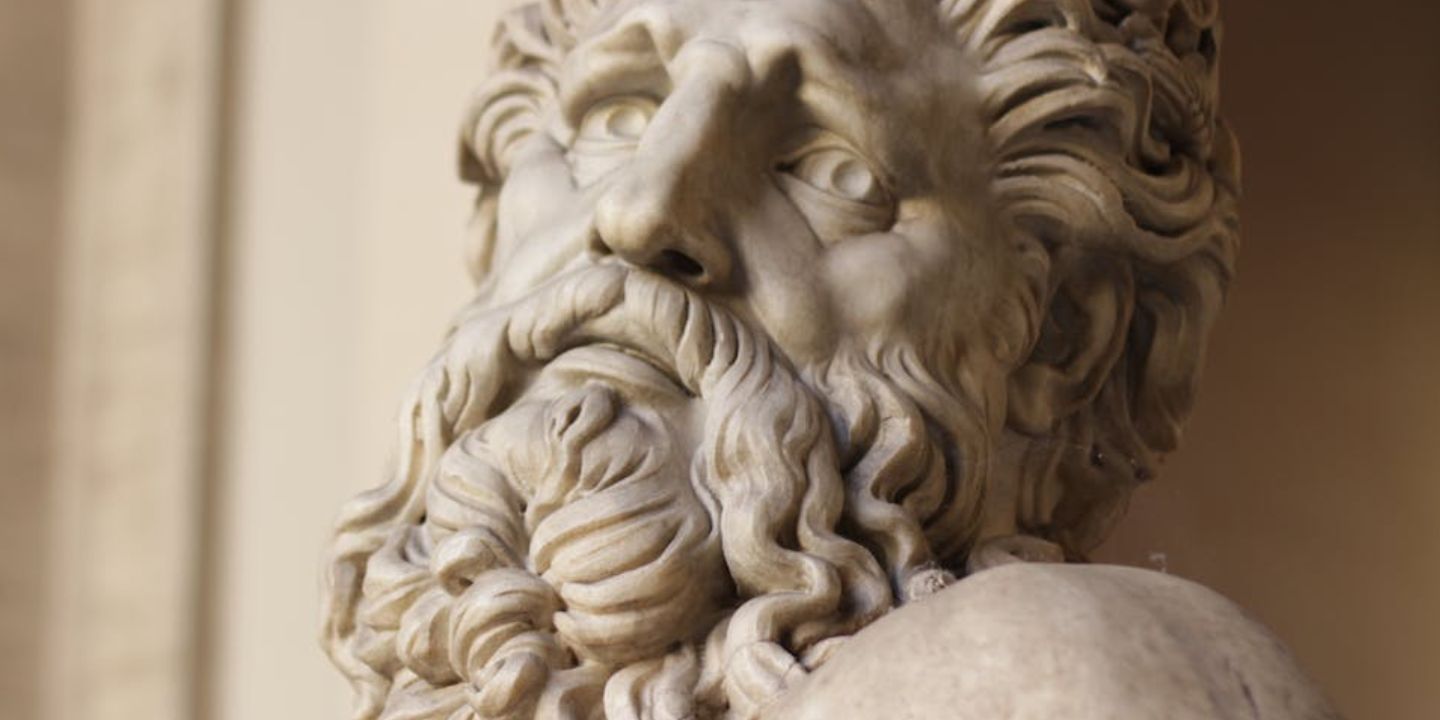
10 Fascinating Facts About Ancient Greece You Can Appreciate &…
Once Upon A Time Lived Some Ancient Weirdos.... Greece is…
By Megan Wickens Oct 7, 2024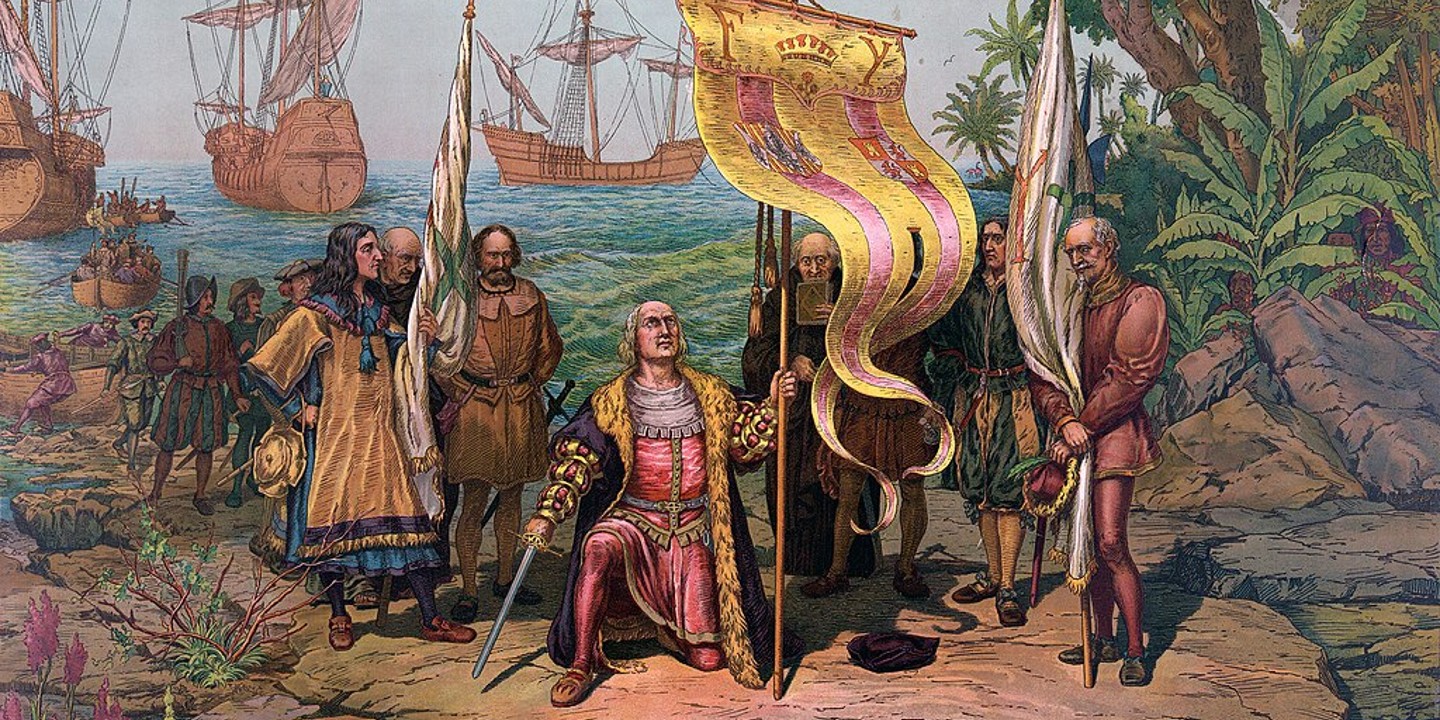
20 Lesser-Known Facts About Christopher Columbus You Don't Learn In…
In 1492, He Sailed The Ocean Blue. Christopher Columbus is…
By Emilie Richardson-Dupuis Oct 9, 2024
20 Historical Landmarks That Have The Craziest Conspiracy Theories
Unsolved Mysteries Of Ancient Places . When there's not enough evidence…
By Megan Wickens Oct 9, 2024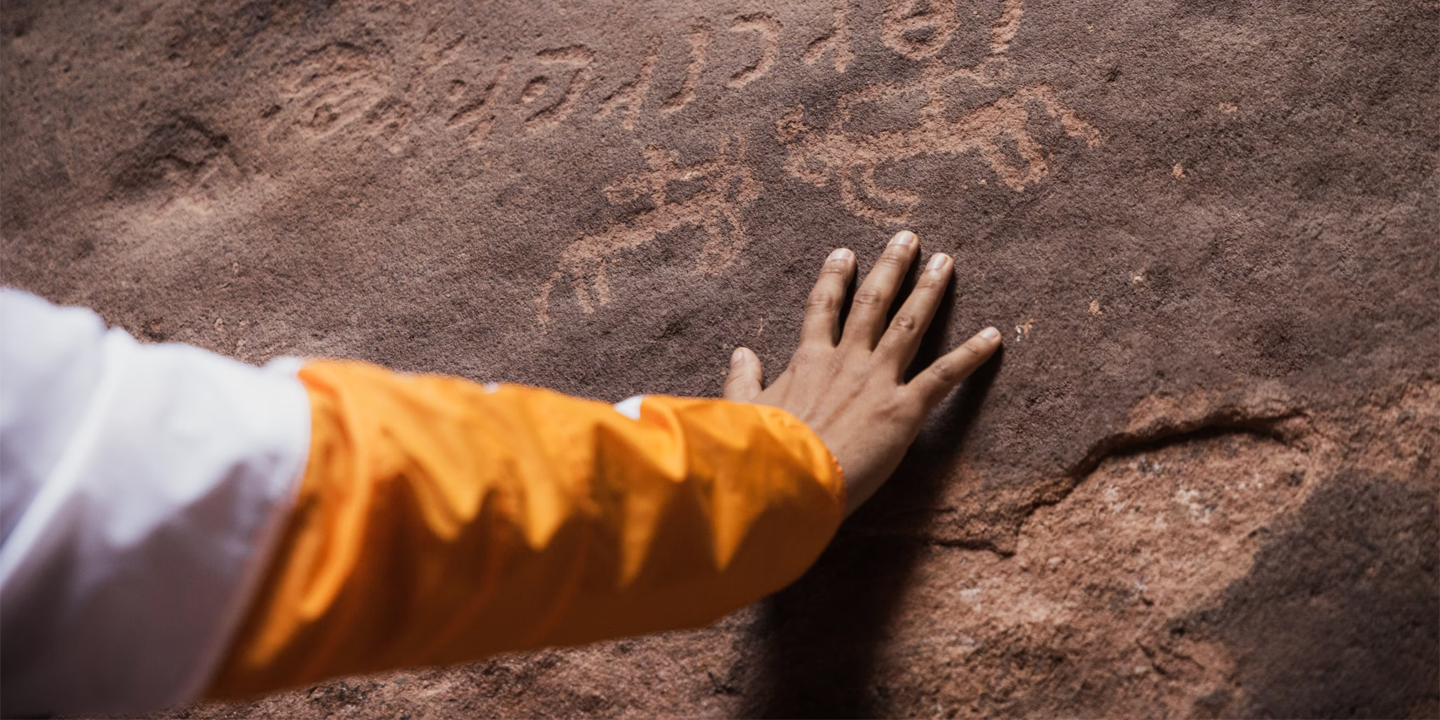
The 20 Craziest Inventions & Discoveries Made During Ancient Times
Crazy Ancient Inventions . While we're busy making big advancements in…
By Cathy Liu Oct 9, 2024







